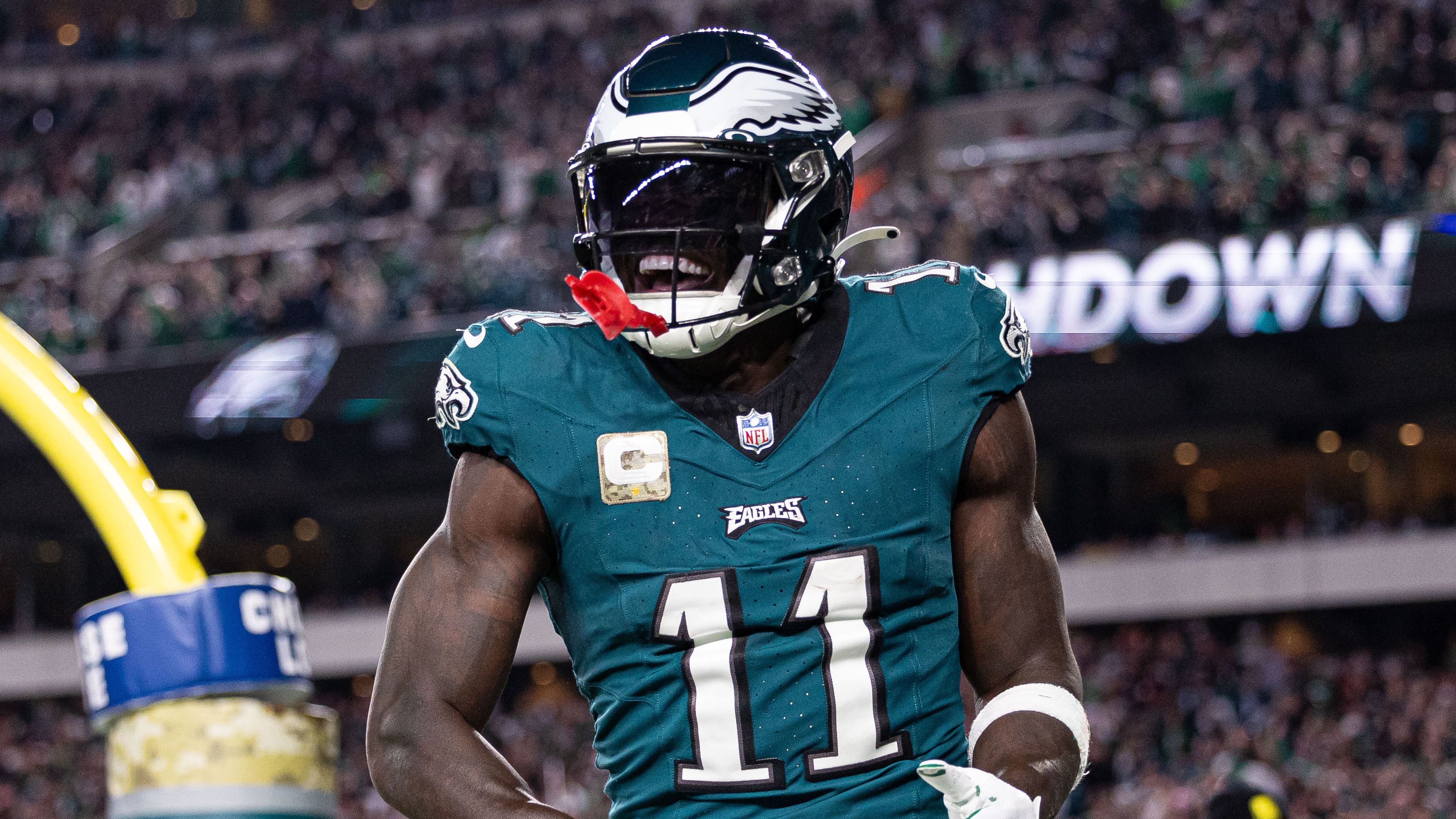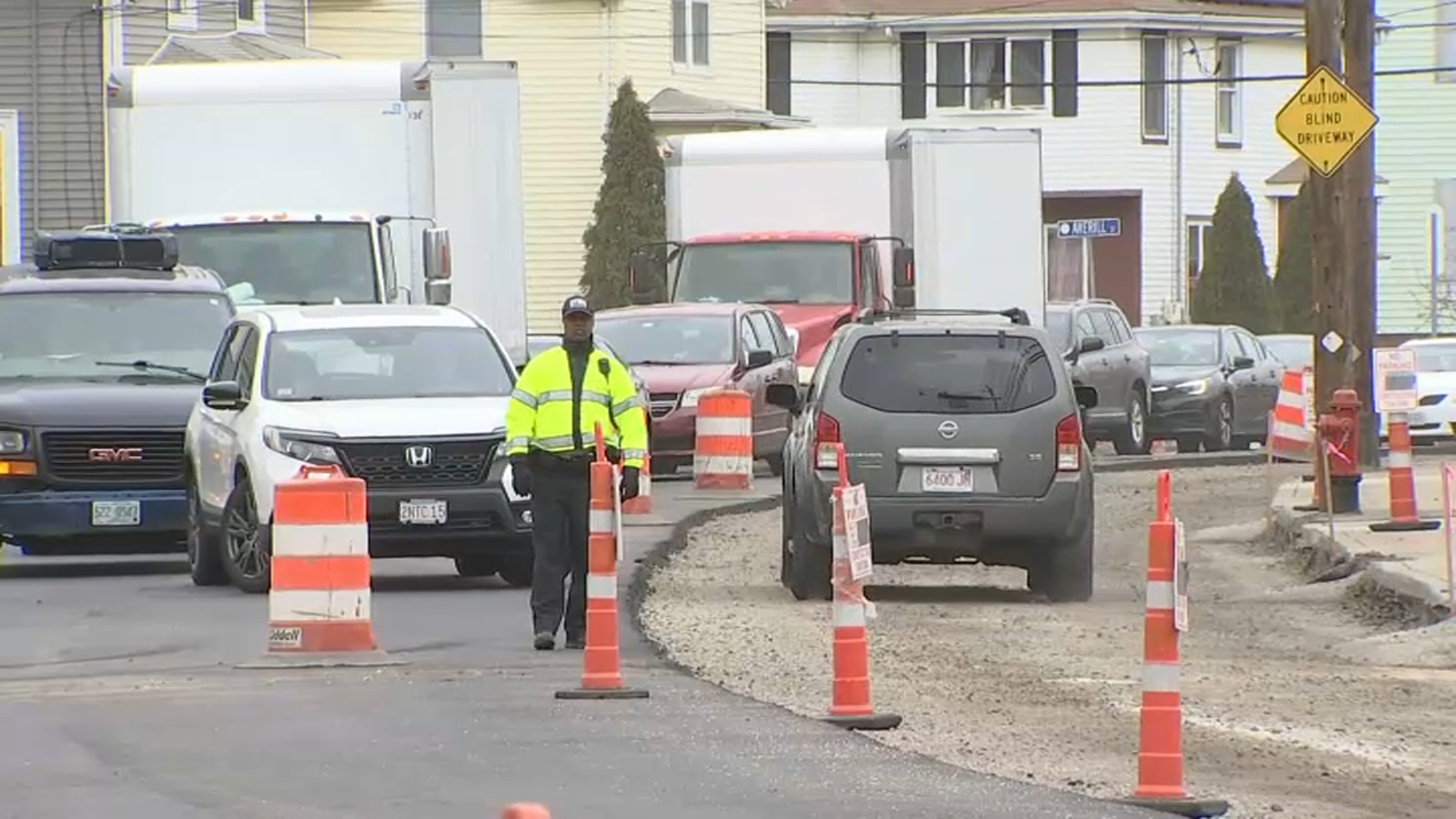It's been 20 months since 20-year-old Adam Lanza gunned down 26 people, most of them children, at Sandy Hook Elementary School in Newtown, Connecticut.
Since that time, some of the victims' families have turned their attention to the politics of gun control; however, 6-year-old Avielle Richman's parents believe the best way to prevent future massacres is through better science.
"She was a spitfire, just a real happy spirit," says Dr. Jeremy Richman, recalling his little girl. "We really don't want other people to suffer the same loss we've suffered through."
He and his wife, Jennifer Hensel, are both scientists. They say too much time and energy are focused on reacting to violence when the focus should be on preventing it in the first place. Together, they started the Avielle Foundation, which aims to fund research on what causes aggression in the brain and how to change it. Part of the Foundation's mission is to recruit the next generations of neuroscientists, mathematicians and doctors.
Speaking to a room filled with medical students at the University of New England, Richman told the students that the brain adds thousands of new connections until the age of 12. He said he envisions better diagnostic tools to help identify kids who are at-risk of violent behavior so that interventions can take place changing the way the growing brain develops. Richman talked about how nutrition, exercise, even treatment of traumatic brain injuries, can influence the difference between a resilient healthy brain and a sick one.
"If parents recognize that it's a matter of chemistry, not character and that the brain can be rebalanced, perhaps they'd get help for their kids before they do something horrible and tragic," Richman said.
Students and staff in the room liked what they heard.
Local
"Maybe you can reverse the tendencies?" reflected Katie Monigan, a second year medical student. "We may not know how to do it yet, but it might be possible some day."
And that is what keeps Avielle's parents going, working through the grief of losing their only child.
"We make connections here and people want to help," said Richman. "And that's what we need. A lot more hope."



